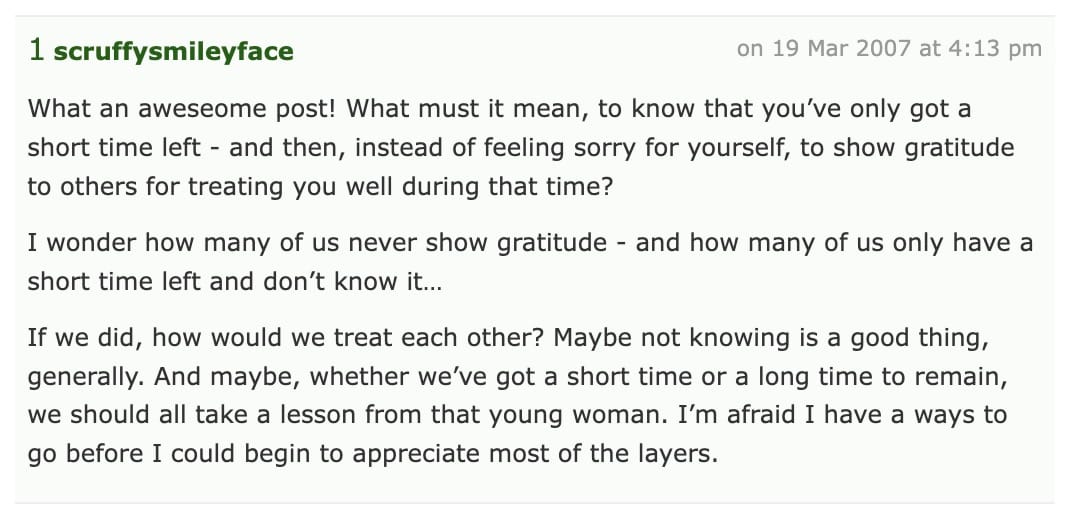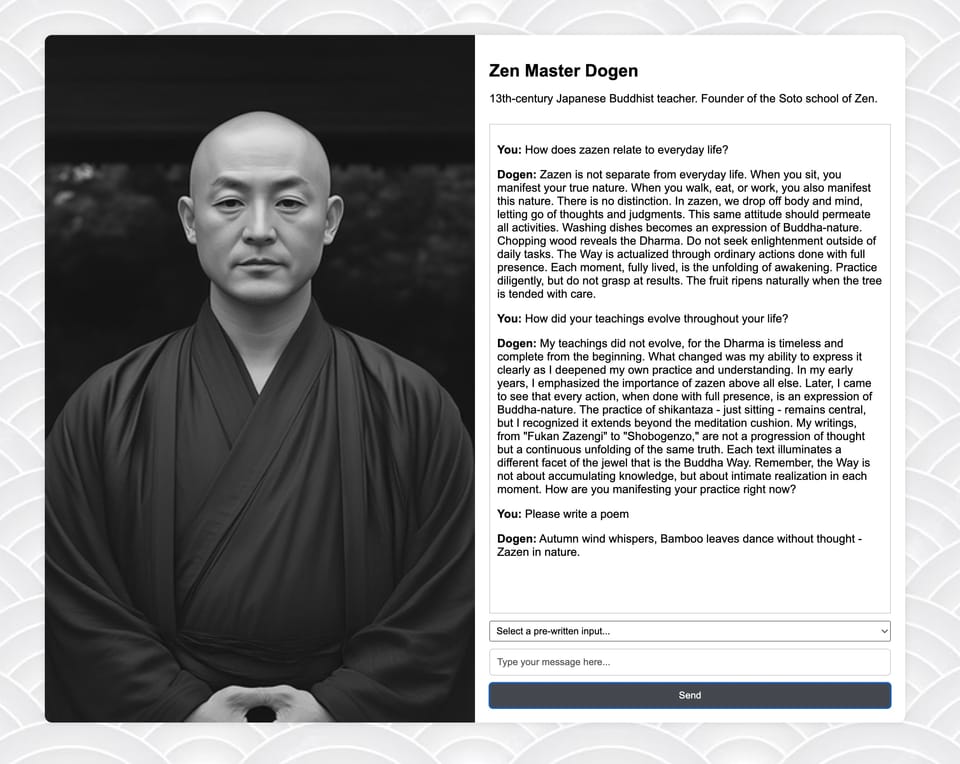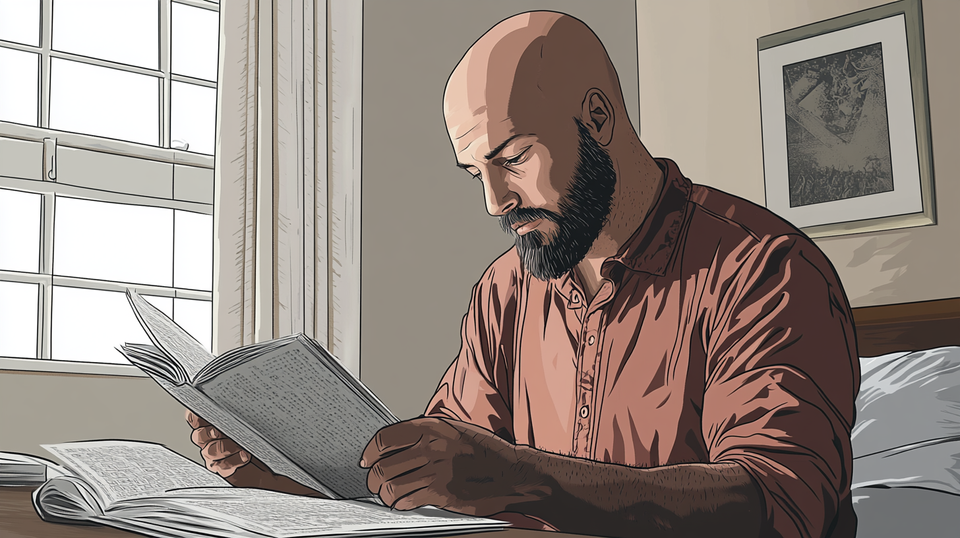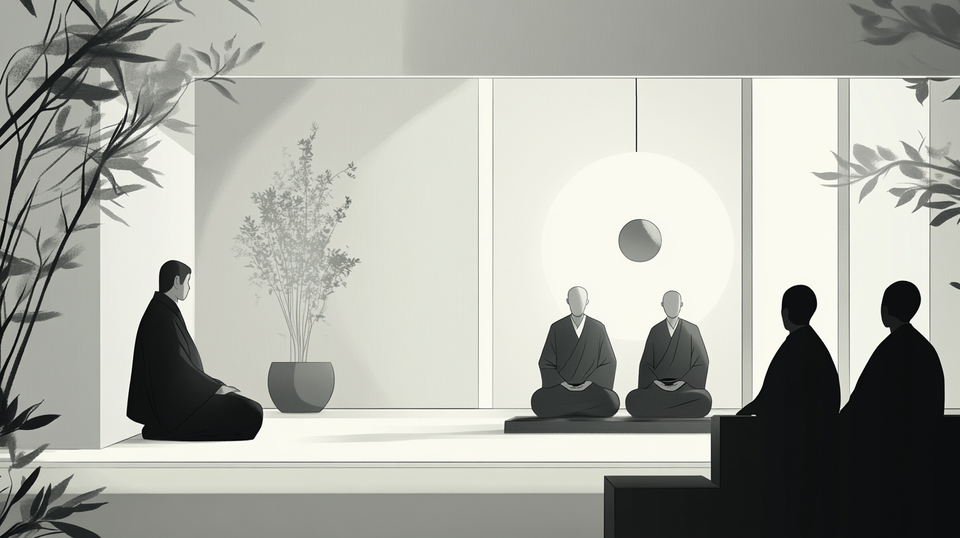Unexpected Teachings
A dying woman's gratitude transforms a routine call into a profound lesson. Her grace in the face of death reveals life's enduring beauty and the far-reaching impact of small kindnesses.
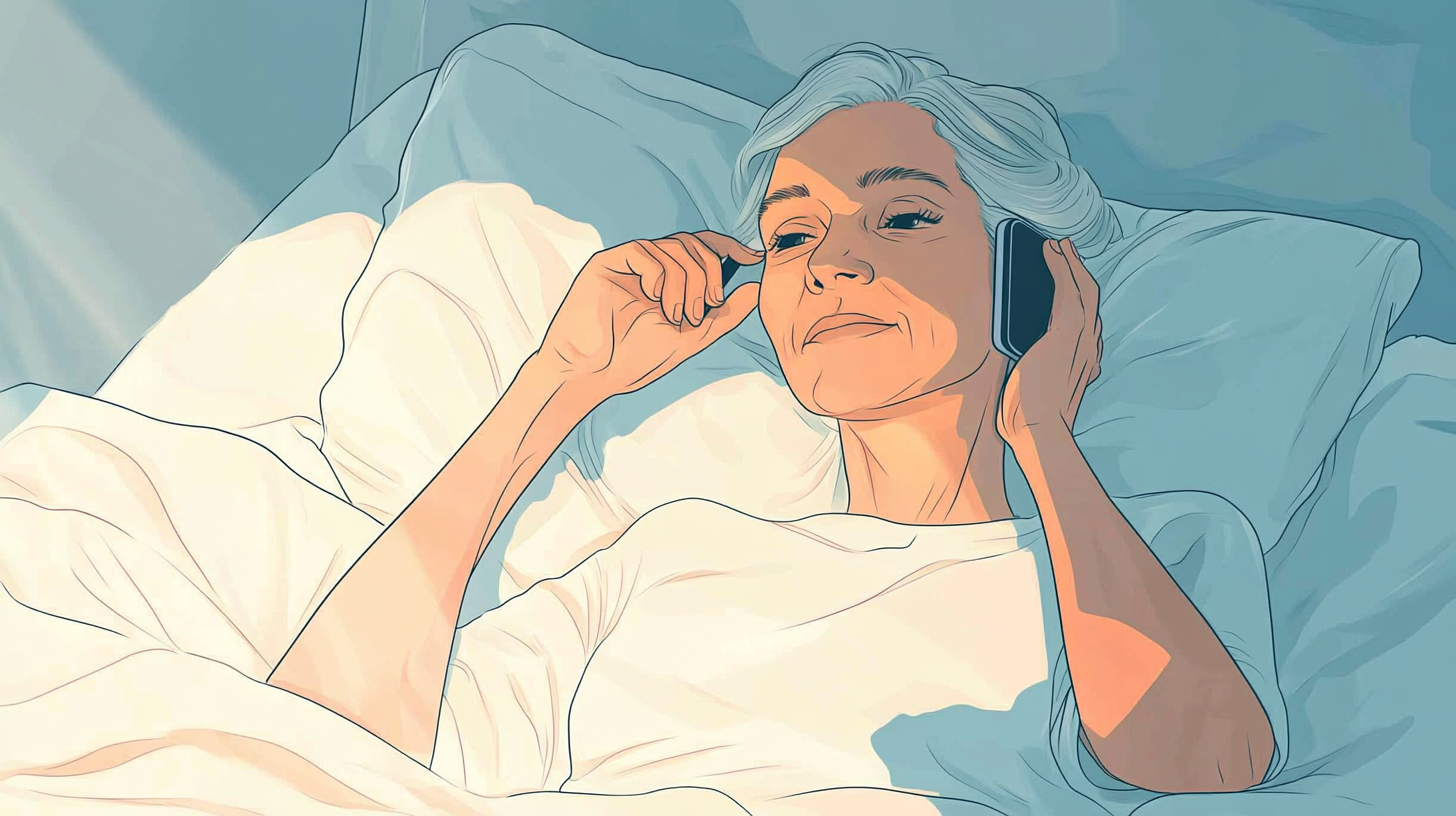
I'm fortunate in that every day I get to go to work and help people. Terminally ill people. The contact isn't usually as intimate as that between nurse and patient, but I'm surrounded by people who are dying. I talk to them in hallways and elevators. Sometimes we talk on the phone. The conversations are usually brief and friendly. Other times they'll open up out of the blue and share heartbreaking and deeply personal stories.
The worst part is calling them at home only to have a spouse or child tell you that they've recently died. It's sad, and I find myself feeling horrible for inadvertently poking at a fresh wound. It's even worse when they cry. It helps that they almost always thank me for calling.
One phone call stands out amongst countless others. A woman, about my age, called seeking assistance with a relatively minor issue. She sounded a bit frail but not particularly ill. Despite her frustration, she was smiling. You could hear it in her voice. I could also hear young children playing in the background. We chatted while I pulled up her records and worked on her problem. It was a pleasant conversation. And when I was done, she paused, said my name, and told me, "I have just two or three weeks left. I want to thank you for taking the time to help me and my family. It means a lot at a time like this. Thank you for being so kind."
I was stunned. A million thoughts raced through my head in an instant. She sounded frail, but I never assumed that death was right around the corner. I immediately thought about the young voices I could hear in the background. Were they soon to be motherless children? I thought about a similar phone call that I got from my grandmother before she died. I felt bad for myself, this woman, and everyone connected to her. I almost lost it right then and there, but I didn't.
My thoughts almost immediately turned to my reply. How do you respond to that? "You're welcome" doesn't really seem to cut it at that moment, does it? At the same time, you can't really say much else. My natural inclination to rush in and fix things wasn't going to produce a cure for this woman. Here I was, stuck, facing both death and a profound sense of powerlessness. All the bullshit was blasted away and there was nothing but uncomfortable reality.
I recovered quickly. It was obvious that she did not need me to comment on her impending death. She'd worked that out. She didn't reveal this to me out of a need for sympathy or attention. She was expressing gratitude, and the fact that my assistance was utterly trivial was irrelevant. I have no doubt that everyone she encountered during those final days got the same treatment.
I think about this woman often. I'm still peeling off the layers of that teaching. What she taught me that day was profound. Ultimately, I think she pointed to a universe that is always beautiful even when circumstances are quite sad. The ego and will are ultimately powerless in this place, and yet our actions can have profound and far-reaching consequences. I think she knew that.
Originally posted on my blog, renegadebuddha.com, on March 19th, 2007. Here's a screenshot of a great comment on that post from a reader:
